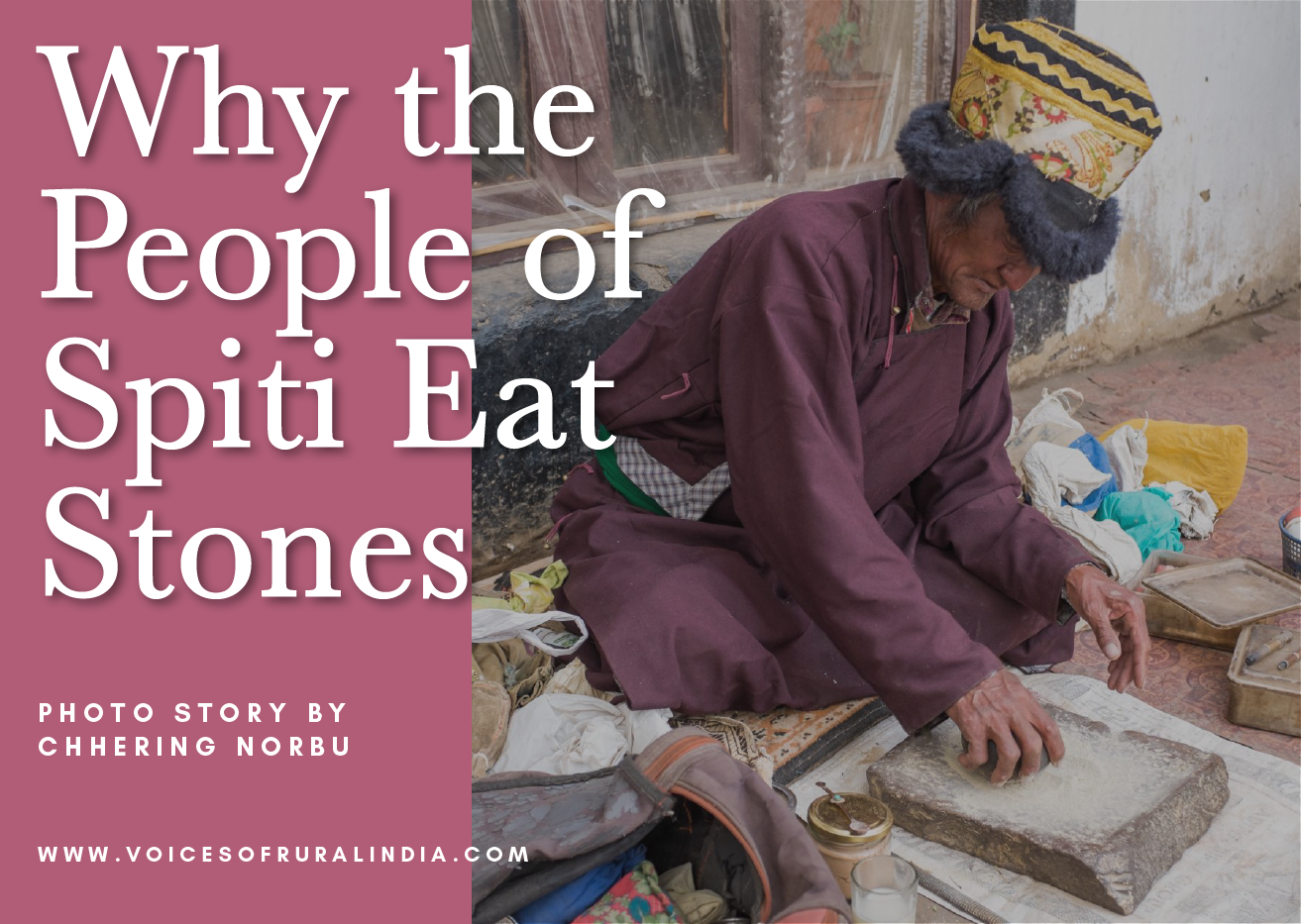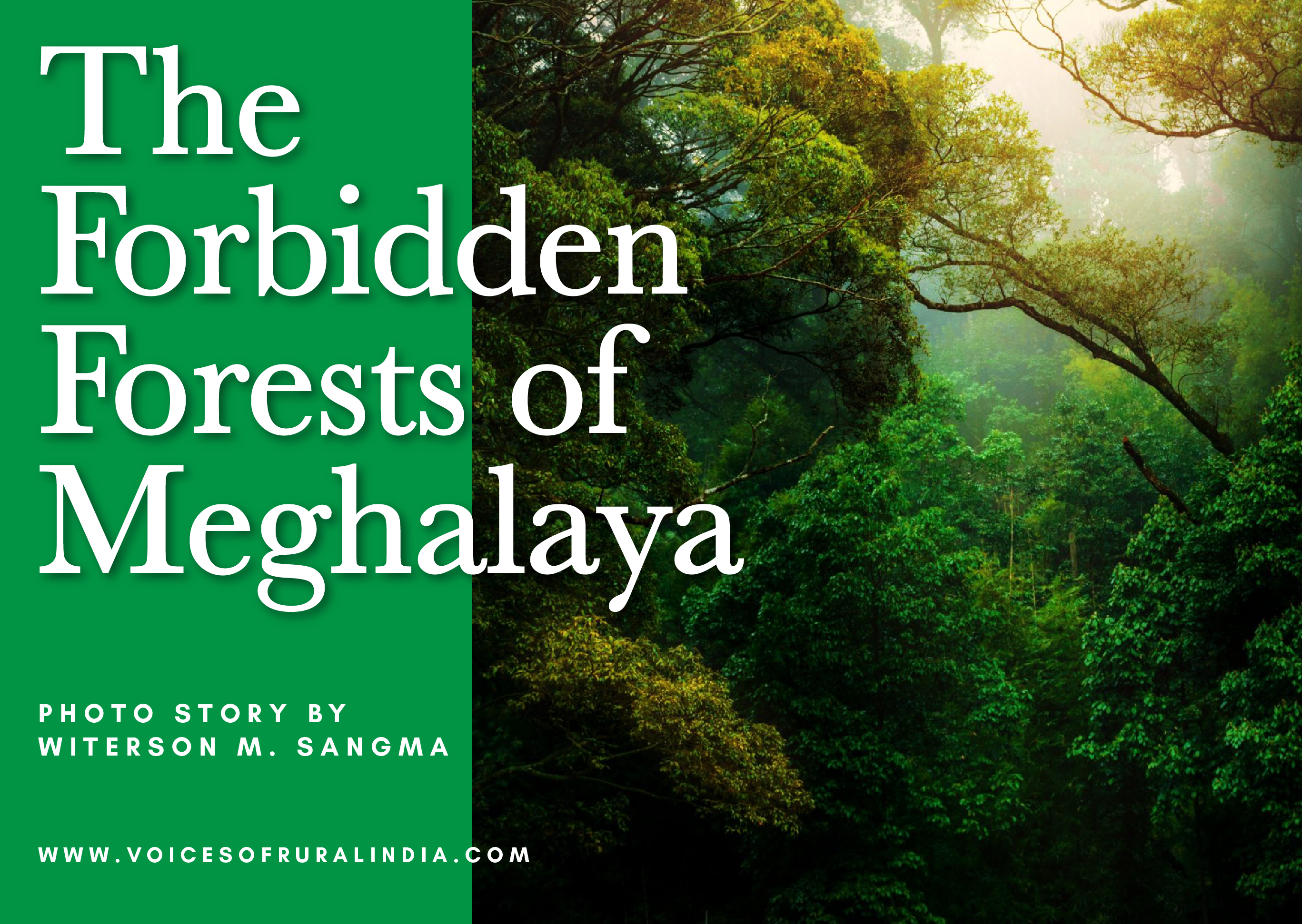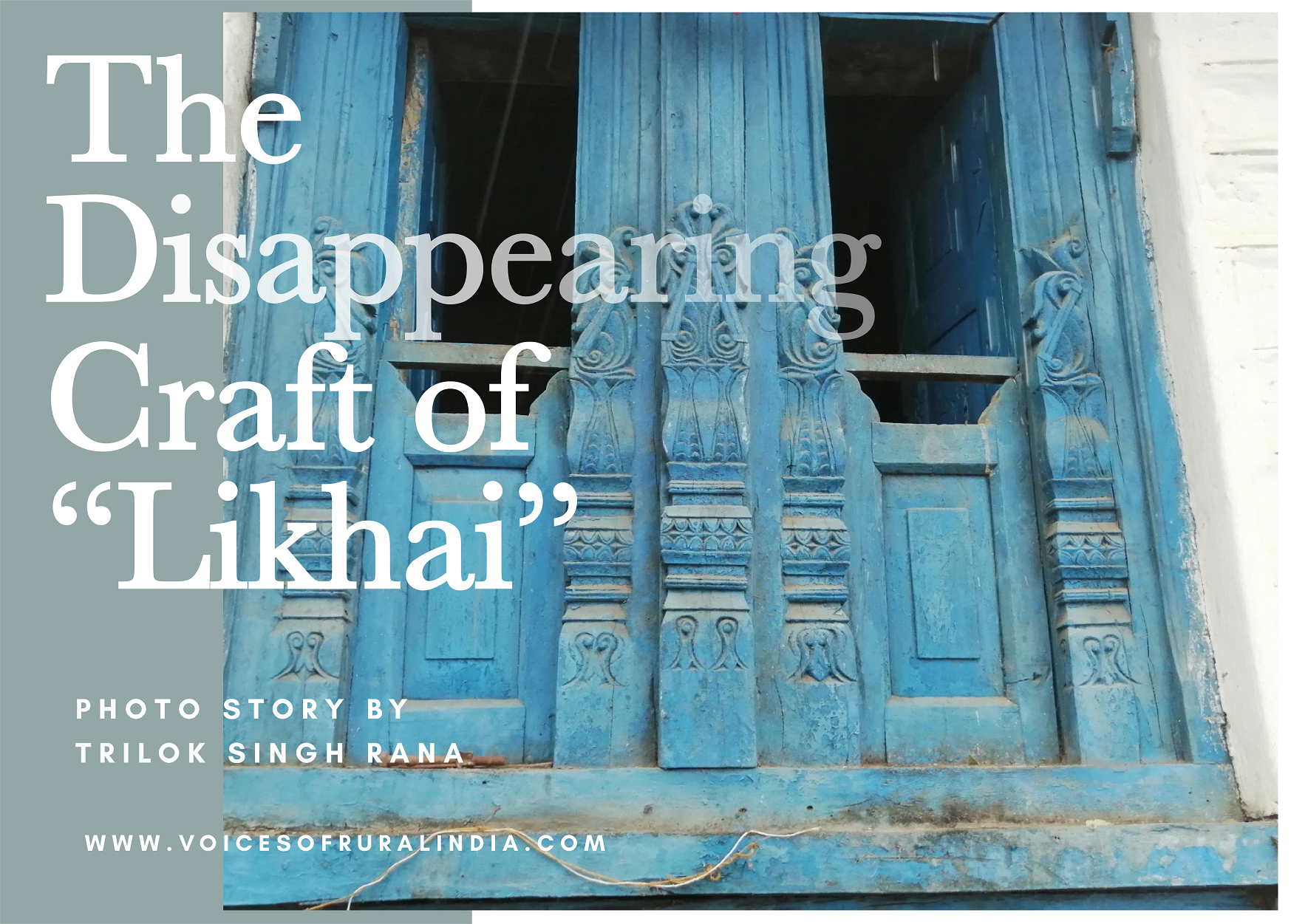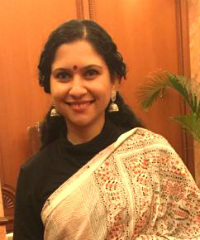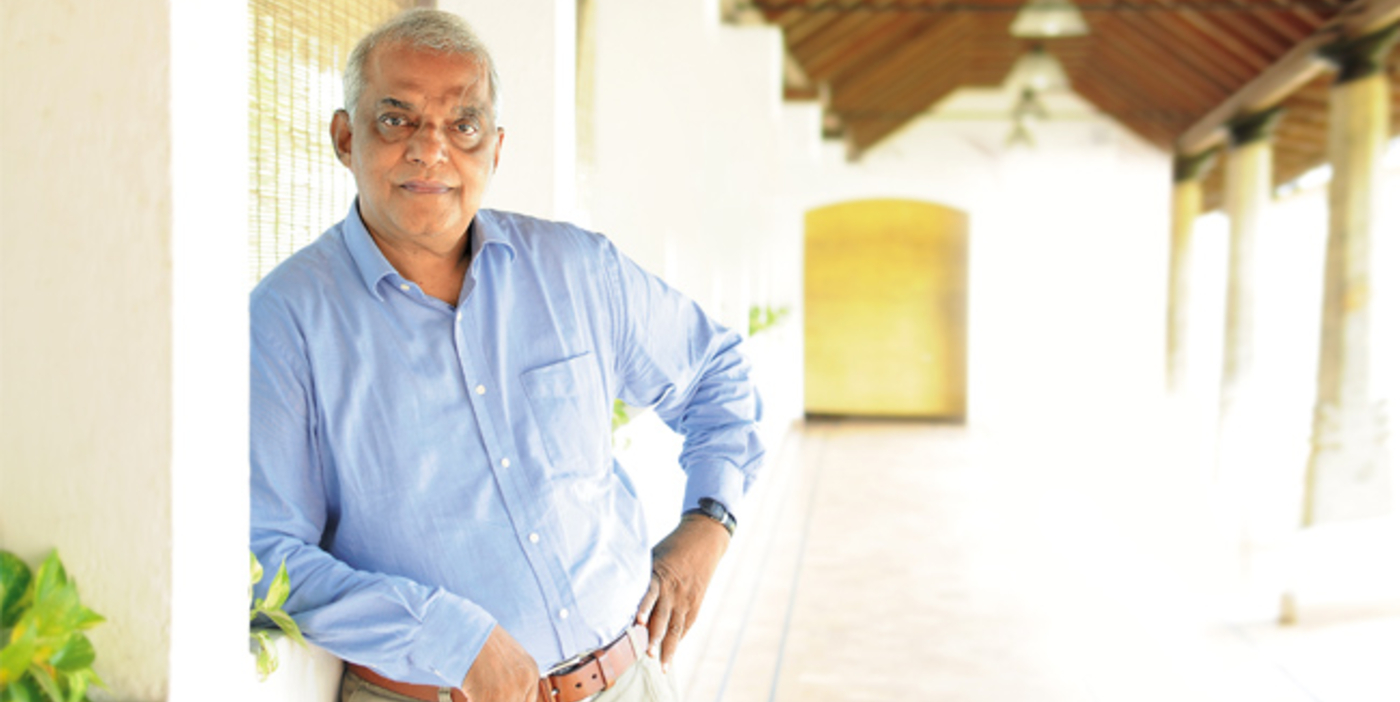
The hospitality industry veteran speaks about Covid-19 and its impact on tourism
28 March 2020 Lockdowns, quarantines, no commercial flights, shuttered and empty hotels—this is the new normal that everyone in India and in many parts of the world is getting used to. An organism that’s just a few nanometers in size has brought much of our daily lives, along with our economy, to a grinding halt. The Covid-19 pandemic is still making its way across India and other countries. We are yet to know how this crisis will completely unfold. What we do know is that this is the biggest health and economic calamity of our times. The tourism and hospitality sectors have taken a direct and catastrophic hit—now is not the time to mince words, after all. Jose Dominic, Director and Co-founder of the highly respected Kerala-based CGH Earth group of hotels, has seen many ups and downs in his long and storied career. He too is under lockdown in his home in Kerala. In a telephonic conversation he spoke to us about Covid-19, its impact on the tourism industry and what we need to be prepared for. Edited excerpts:
Q. How is your lockdown going?
Jose: We are all confined at home. We have stopped newspapers even. But technology is of great help. We are able to do meetings online through Zoom and its almost as real as being in the same room. I wish we were going through this home isolation at our farm—it would have been definitely more pleasant, but the internet is not as good. I am learning a lot of new technology!
Q. You have seen many highs and lows over the years; is there any precedent at all for what we are facing with Covid-19?
Jose: What has happened is going to change everything. In Kerala, we have dealt with our share of troubles in recent years. We had Nipah and the floods of the last two years. Earlier we faced the issues caused by the Mumbai attacks of 2008 and the 9/11 attacks and the Parliament attack in 2001. All these led to a severe crisis for tourism. If we go back further—1994 was the year of the Indian plague or Surat plague, when foreign travel came to a complete halt. That is the closest comparison I can make to what is happening now. We had commisioned Coconut Lagoon in 1993 and a year after India had the plague, so we remember the impact. However, at that time something good did happen afterwards. That is when India discovered India. Until then, Indians mainly travelled only to hill stations. After the plague the Gujaratis discovered the backwaters and other Indians followed. After that domestic tourism really took off and travel became a part of the Indian pscyche.
But, this time it goes beyond what we saw during the 1994 plague. I have to reach for stories that I heard of the 1918 Spanish Flu that happened at the same time as World War I, plus all the plagues that took place in all the centuries before that. It took generations to recover. This pandemic and impact can only be compared to those events. That’s the severity of the impact.
Q. Kerala was, in a way, ground zero in India with the first cases showing up in the state. What has the response and impact been like in Kerala?
Jose: Kerala went on a war footing when the first few students came back from China and tested positive. All our hotels were running to full capacity. In fact, tourism in Kerala had bounced back after the big flood of 2018 and the floods of 2019. We saw a growth of 24%. CGH Earth too had its best October, best November, best December and best January numbers in our history. And then the virus struck.
The Government ordered all foreigners had to be quarantined. They had made two categories of foreign travellers—one who were to be quarantined for 14 days and another for 28. They had to be in their rooms, food would be left outside their door, etc. We had to tell our guests they had to follow the quarantine rules or leave. Everyone opted to return. This was before the lockdown and other countries were just seeing the infections rise. So tour operators went wild as people elsewhere had not woken up to the risk. On March 15, we shut. Everyone was upset at that time. This was not being done anywhere else in India. In hindsight, I wonder if we would have lower numbers (of Covid-19 infections) if we had shut the entire country then.
We were able to take this decision as we were able to prepare our people. There was the instance of the British traveller who tested positive in Munnar and then tried to leave the country and was quarantined after his travel group was deboarded from the plane. That group had stayed at our Kochi property, Casino Hotel, before leaving for Munnar. So all employees of Casino were under quarantine immediately. We shut the hotel and quarantined the staff in our hotel rooms for two weeks.
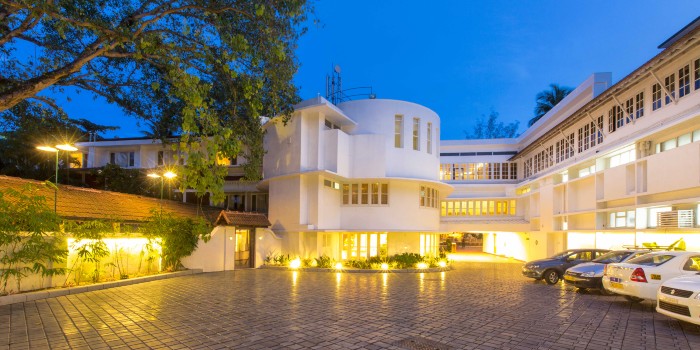
CGH Earth's Kochi property, Casino Hotel
I had seen the interviews of Dr Ramanan Lakshminarayan, Director of the Center for Disease Dynamics, Economics & Policy, where he said our window of opportunity to stop the crisis in India was closing. We knew we had to take immediate action.
Our first and foremost responsibility is not to the customer; it is to our staff and people. We shut the hotels not just in Kerala but also in other states much before the state governments there started calling for closure. We told all the employees to go home, maintain social distancing and isolation as per government rules. I am sure even the staff thought we were overreacting.
Q. It does not look like the virus or the crisis will go away soon or easily. What do you think the impact will be?
Jose: There are two pandemics unfolding simultaneously. One is the actual virus-caused health crisis, the other is the economic pandemic. Right now, it looks worrisome. The 21-day lockdown will hopefully bring down the cases and will flatten the curve and there won’t be spikes. That’s the best-case scenario.
Thanks to technology we as a group are able to conduct meetings remotely and take stock. We have a meeting in the morning with the GMs of all our 18 properties and then another one of the Board.
What is coming through is that this is going to be a long haul. I read an article that said there are three possible outcomes—the first is that the contagion will go away as quickly as it came; the second is that it will stick around and cause high impact but if we take enough measures it will weaken in six months; and the third is the unthinkable scenario (of mass deaths and long-term impact). The second scenario seems to be the likely one.
CGH Earth’s turnover was very healthy. But now that everything is shut, it will be impacted heavily. While there is no income coming in, the costs continue to mount. We are tightening our belts. We are paying all salaries till we shut operations. The ones on the lower end will get the full salaries, the senior staff will get a certain percentage of their salaries. Next month onwards we will pay something to ensure employees are able to put food on the table, but we will have to start rationing as we do not know how long this shutdown will last. We have 1,500 staff and until April we can do something; from May we don’t know what to do.
We are all tightening our belts and ensuring there is no unnecessary spending. I hope the Government announces something to help the industry out and ensure the country does not become bankrupt.
Q. What are you hoping from the Government?
Jose: I am making a comparison with the Kerala floods—the first stage was rescue, then relief for those rescued and, finally, rebuilding. We are in the equivalent stage of rescue and that’s all the Government should focus on right now. Stop the contagion, doesn't matter what the impact on the economy is. If this spreads then the economy is going to be dead. The next stage is to support the weakest and put food on their table. Then announce emergency meaures for enterprises. Don’t smash the enterprises to smithereens. Protect the industry, so enterprises can recover quickly. For example, the annual bar licenses in Kerala expire on March 31. Each bar in Kerala has to pay a fee of Rs 30 lakh each year to get the license. The Government can waive this and renew the license of all those who had it in FY 2019-20. Steps like this could go a long way.
There is going to be a resource crunch, especially in Kerala. We have offered our hotels for quarantine. Everyone should work together.
Q. What long-term learnings can we glean from this experience?
Jose: I am a Catholic and for us not going to Church every Sunday is a sin. Similarly, for other religions there are festivals and prayers that are considered very important. But now everything is shut. Mass is now on TV!
So, one message that comes to my mind is that we should not allow God to hold human life and harmony to ransom. We have been put in our place by Nature. Now, we as a race are hoping we get one more chance and our old problems seem so trivial be they at the family level or national.
People will also rethink what development means. First and firemost, protect the environment.
Q: Many small travel companies are worried about what the future holds. Any words of advice?
Jose: Right now, protect and preserve. Be in the here and now. Protect yourself, your family and your community. For the first time ever we sighed with relief when the last customer left our hotel. How unthinkable is that! We were relieved because we are not responsible for their safety anymore or worried about whether our communities’ safety will be compromised.
The enormity of the monster we are facing is such that all of us are very small in front of it. The biggest hotel chains in the world have been brought to their knees. In fact, the strength is in the small people. The small homestays and farms will be resilient. The small communities have the greatest strength right now.
Be as frugal as possible, reduce lifestyle, distribute subsistence allowance to your staff for as long as you can. Don't wait for the Government. Do what you can to help and to ensure we overcome this.
This crisis is going to change everything, all that we took for granted. It will bring families together—extrapolate this to the industry. Tourism will take a long, long time to recover. After the floods of 2018, we sprung back. But this is different. The industry has been smashed down and all that I can say is keep yourselves alive, put food on the table. This virus has given us a lot of time to use wisely. Keep your body and mind fit to fight another day. We should not give up hope.


